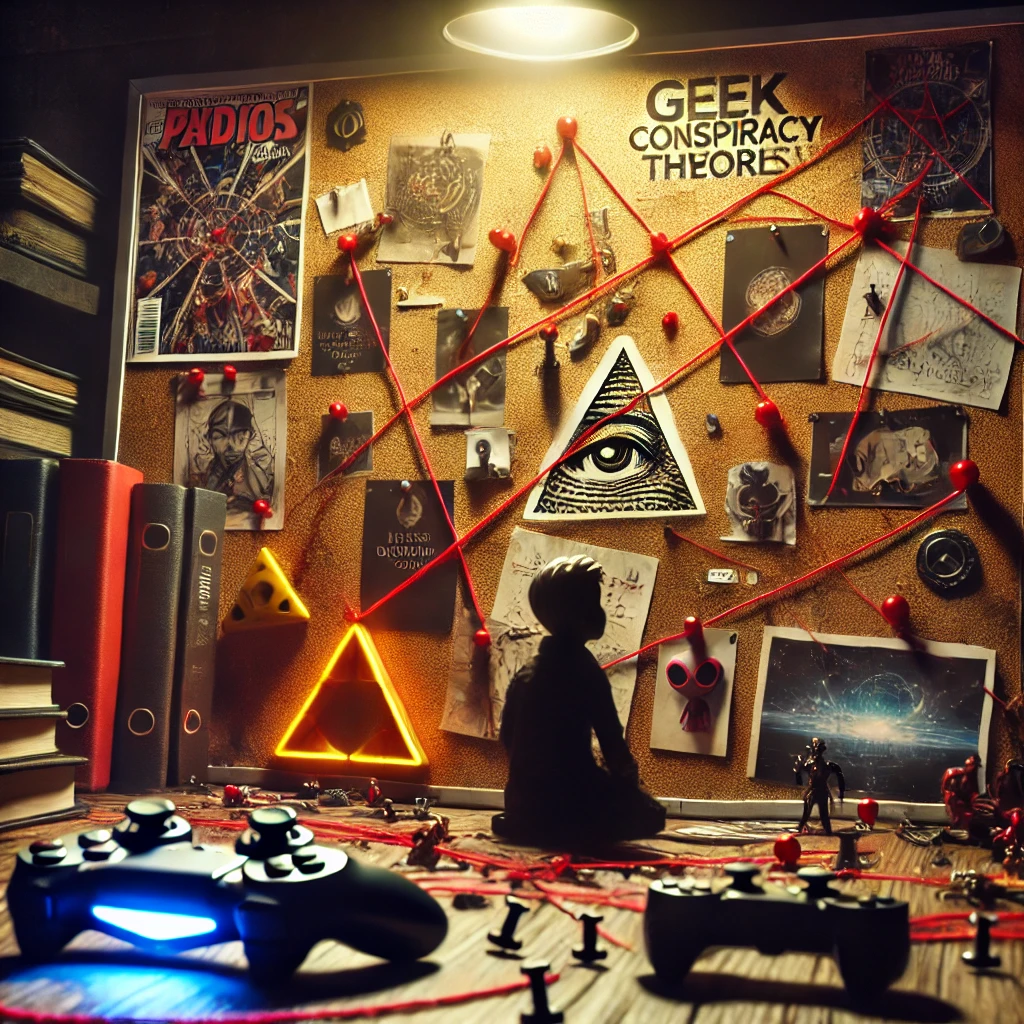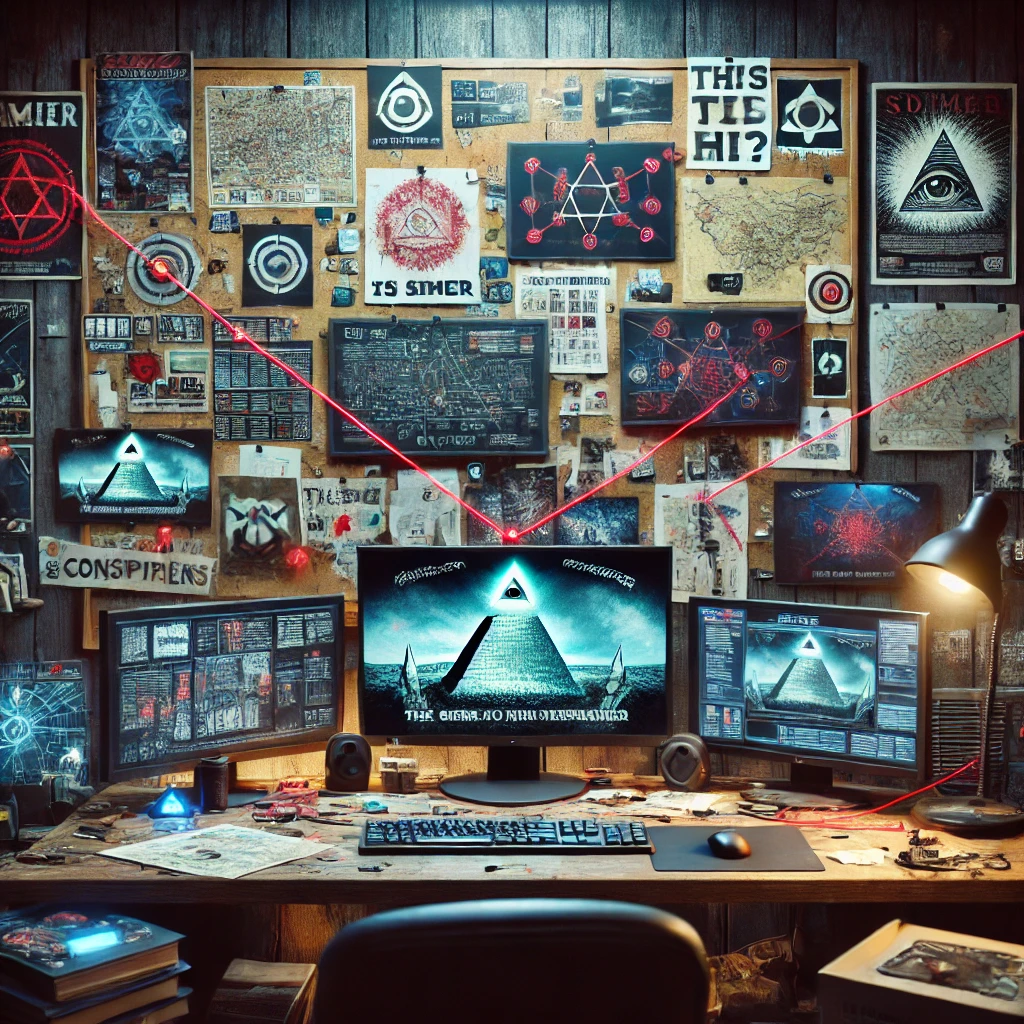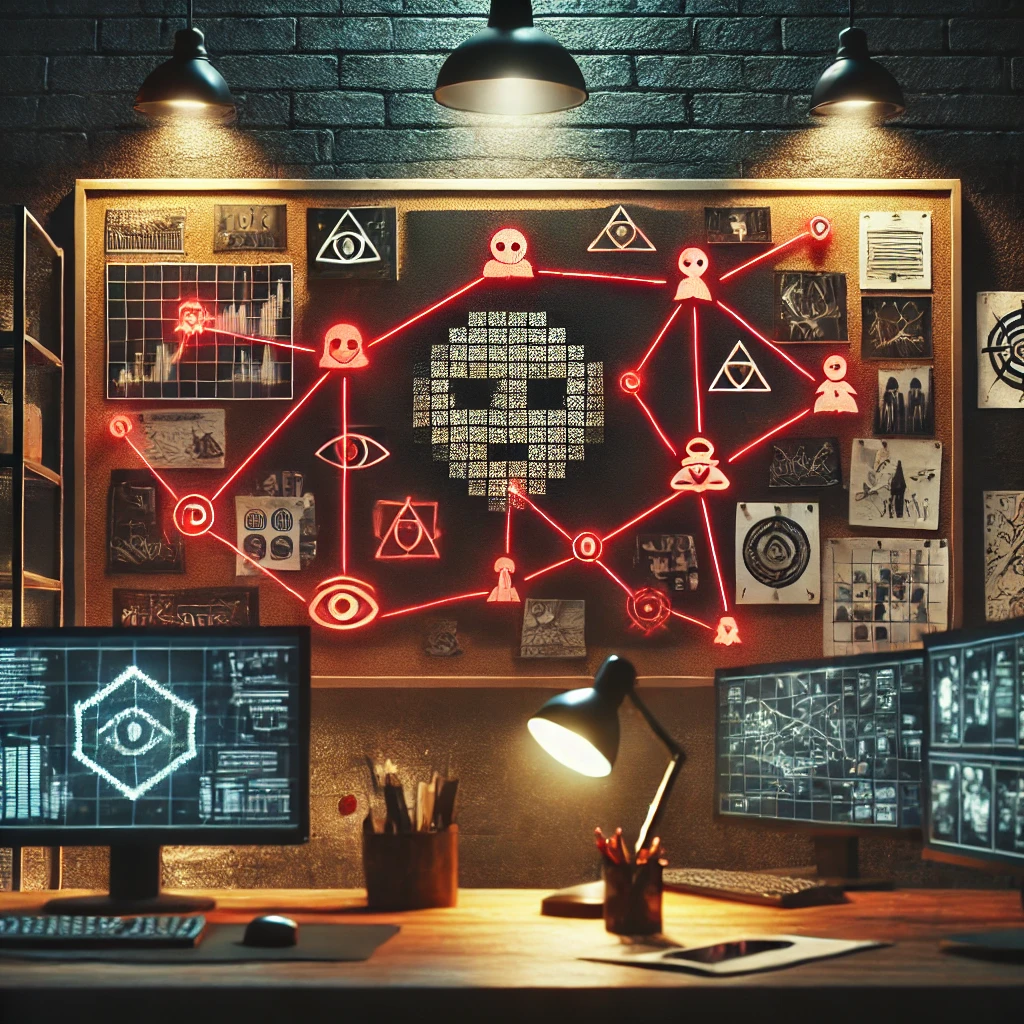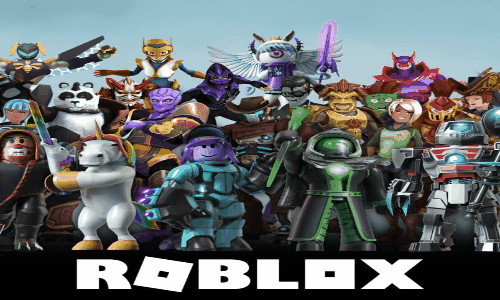Adverts
In the vast universe of geek culture, where imagination knows no limits, conspiracy theories have a special place.
These intriguing stories often emerge from the shadows of popular works such as films, TV series, comics and video games, and manage to capture the curiosity of many fans around the world. Are they just the fruit of the creative minds of fans or do they have some basis in truth?
Adverts
This text invites you to delve into the most fascinating theories in the geek world, exploring their origins and possible implications.
These theories can sometimes change the way we view our favorite characters and plots. From dark secrets in intergalactic sagas to surprising plots hidden in classic animations, the geek world is full of mysteries that defy conventional understanding.
Adverts
In a scenario where anything seems possible, conspiracies mix with fantasy, creating fertile ground for endless debates and speculations. This text aims to investigate these narratives, revealing what lies behind some of the most talked about and controversial theories.
Get ready for an intriguing journey through complex plots and iconic characters. By exploring the most discussed theories, we aim to not only entertain, but also illuminate how these stories become so compelling and why they continue to captivate the imagination of fans.
This is an invitation to question, reflect and, above all, appreciate the richness of the geek universe, where the line between reality and fiction becomes delightfully thin. 🧙♂️✨

The Fascination of Conspiracy Theories in the Geek World
At the heart of the geek universe, conspiracy theories hold a special place. They emerge as a way for avid fans to fill in gaps left by content creators or even to challenge official narratives. In many cases, these theories offer new ways of interpreting already established universes, providing an extra layer of engagement.
After all, who has never come across the theory that Jar Jar Binks from “Star Wars” is a Sith Lord? This hypothesis, although unlikely, has captured the imagination of fans, generating heated discussions and detailed analyses of each scene in which the character appears. Other theories, such as that the character Ash Ketchum from “Pokémon” is in a coma throughout the series, provide new perspectives on narratives that many of us think we know.
Conspiracy theories in the geek world are, at their core, a testament to the passion of fans and the depth of the universes they love to explore. They transform the experience of passive consumption into an exercise in limitless imagination and creativity.
The Multiverse Theory: Reality or Science Fiction?
One of the most intriguing theories in the geek world is, without a doubt, that of the multiverse. This idea, which permeates several films, series and comics, suggests that there are multiple parallel realities coexisting with our own. In the world of Marvel comics, the concept of the multiverse is not just a theory, but a fundamental pillar of its narrative, especially explored in series such as “Loki” and films such as “Doctor Strange in the Multiverse of Madness”.
But is the multiverse just fiction? Interestingly, theoretical physics does not rule out this possibility. String theory, for example, suggests the existence of multiple dimensions, which could, in theory, support the idea of a multiverse. However, the lack of empirical evidence makes this hypothesis more of a source of inspiration for science fiction than a proven scientific reality.
Still, the multiverse continues to capture the imagination of fans and creators alike. It allows us to explore the “what if?”, opening up an infinite range of narrative possibilities. In games, for example, it is often used to justify reboots of franchises or explore alternative storylines. In short, the multiverse is a theory that, while not yet proven, offers an unlimited playground for geek creativity. 🌌
Conspiracy Theories in Games: Beyond the Game
In the world of video games, conspiracy theories are as common as side quests in RPGs. Dedicated fans scour every pixel and line of code for hidden secrets or subliminal messages left by developers. One iconic example is the “Five Nights at Freddy’s” series, where players become true detectives, trying to connect the pieces of a fragmented and often terrifying narrative.
Another famous case is that of “The Legend of Zelda: Majora's Mask”, where some players believe that the entire game is a metaphorical representation of the stages of grief. While some consider this theory to be overinterpretation, others see it as a way to deepen their emotional connection with the game.
Conspiracy theories in video games can also involve more technical aspects, such as rumors of removed content or alternate endings that have never been officially revealed. For example, the Pokémon series is a hotbed of such theories, with speculation about hidden legendary Pokémon or undocumented methods for evolving certain creatures.
These theories not only enrich the gameplay experience, but also strengthen fan communities, who come together to discuss, debate, and sometimes even vehemently disagree about what may or may not be true.

The Impact of Technology on the Dissemination of Theories
Technology plays a crucial role in how conspiracy theories develop and spread in the geek world. With the advent of the internet and social media, theories can be created and shared in a matter of seconds, reaching a global audience almost instantly. Forums like Reddit and 4chan are often the birthplaces of many of these theories, where anonymous users can collaborate to create complex and sometimes compelling narratives.
Additionally, video platforms like YouTube and TikTok allow content creators to present their theories in a visual and engaging way, which helps attract more viewers and followers. This creates a feedback loop where the popularity of a theory can fuel its own spread.
Artificial intelligence is also starting to play a role in this dynamic. Recommendation algorithms, for example, can inadvertently amplify conspiracy theories by suggesting content similar to what the user has already consumed. This filter bubble can lead to a sense of validation, even when the theory itself is based on little or no concrete evidence.
Thus, technology not only facilitates the creation and dissemination of theories, but also shapes the way they are consumed and perceived, generating a lasting impact on the geek universe.
The Role of Alternative Narratives in TV Series and Films
Series and films are fertile ground for the emergence of conspiracy theories. Creators often leave clues and details open that fuel the imagination of fans. A clear example is “Lost”, the series that generated a multitude of theories about the island, the smoke monster and the enigmatic numbers. These theories kept fans engaged even after the series ended, with many still debating their personal interpretations years later.
Another interesting case is “Westworld,” which with its layers of complexity and non-linear narrative, seems to invite the audience to formulate their own theories. The series plays with concepts of consciousness and reality, intentionally leaving plot holes for viewers to fill in with their own assumptions.
These alternative narratives are not only a byproduct of fan creativity, but also a powerful engagement tool. They encourage viewers to revisit the content, look for clues that may have been missed on first viewing, and participate in discussions in online communities. Theories therefore not only enrich the viewing experience, but also extend the lifespan of the work, ensuring that it remains relevant in cultural discourse for much longer.

The Future of Conspiracy Theories in the Geek World
As we move into the 21st century, the role of conspiracy theories in the geek world is set to evolve. With the rapid rise of virtual and augmented reality, new opportunities will arise for fans to create and explore theories within immersive environments. Imagine exploring an alternate “Star Trek” universe through VR headsets, where your own choices can impact the narrative in ways never seen before.
Another promising field is artificial intelligence. With the development of AI-generated narratives, stories could adapt in real time to the user’s choices, creating endless possibilities for new theories. AI could also be used to analyze vast amounts of data in ways that humans simply cannot, potentially uncovering patterns or secrets that could fuel new conspiracy theories.
Furthermore, the use of blockchain can introduce transparency and trust into interactive narratives, allowing fans to authenticate their theories and share their findings in a secure and immutable manner. The future is bright and full of possibilities, and conspiracy theories in the geek world will surely continue to capture the imagination of fans around the world, driven by technological advancements and the innate human desire to seek deeper meaning in our favorite stories. 🚀
- Multiverse Theory
- Jar Jar Binks as Sith Lord
- Ash Ketchum in a coma
- Stages of Grief in “Majora's Mask”
- “Lost” and “Westworld” narratives
Conclusion
Sure, I'm ready to help with the conclusion. Please send me the body of the article so I can draft the proper conclusion.




